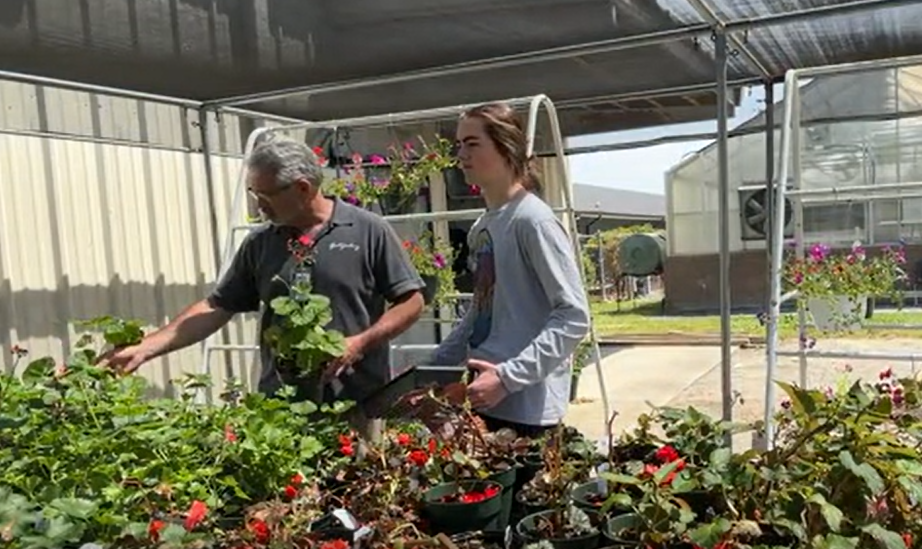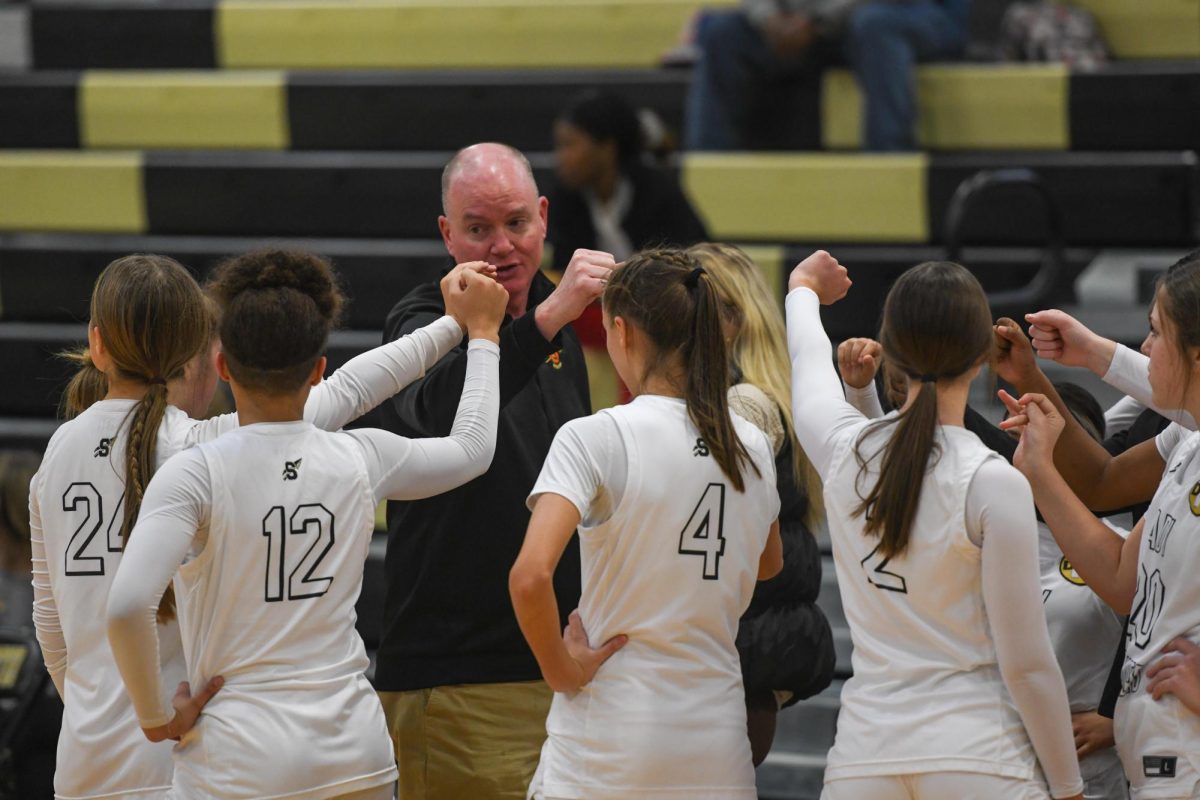Striving for Perfection Stressing Students Out
Every Sunday, freshman Ava Midkiff gives her room a thorough cleaning. In addition to putting away clothes and making the bed, she wipes down every surface, along with her iPad, phone, and earbuds. She does all this voluntarily, compulsively.
“If I don’t do something thoroughly and meticulously, it will go on in my brain until I resolve the problem or try to do it right,” she said.
Ava is a perfectionist. According to soar.suny.edu, perfectionism is found in 19.3 percent of students in high school. Perfectionists believe that everything must be done a certain way perfectly; otherwise, it is not correct. Some will repeat tasks – similar to those who have OCD – because it causes them disgust or anger when not done right. In some ways, perfectionism can be positive, helping students accomplish goals and find success in school and elsewhere. Taken to an extreme, however, it can be damaging.
According to GoodTherapy.org, perfectionists are very overwhelmed most of the time, and because of this they tend to have more anxiety and are constantly burnt out. Freshman Addison Dixon, who says she is a perfectionist about getting good grades, said this is the case with her.
“ I think because I’m so stressed out and overwhelmed, I never give myself a chance to relax so it ends up in me being burnt out and completely drained,” Addison said.
Making relationships can also be harder for those who are perfectionists because of the way they may act, or do chores, or maybe even do homework. They tend to correct themselves and others to make sure something is done correctly.
“Sometimes I do find it difficult to work with other people, usually people who are not at my academic level,” freshman Ava said. “If I don’t like the way my partner(s) has done something, I will usually go back and fix it myself. I usually only make friendships with people who think similarly to me.”
Scholastic.com states that there are some tips to help others with perfectionism:
– Let theme know it’s okay to make mistakes
– Praise effort, not grades.
–Hold back on criticismThe most important is to let others know that it is okay to make mistakes. Others include things like not criticizing, praising for accomplishments, etc.
WebMd lists ways perfectionists can help themselves. including:
-Write down the advantages and disadvantages of being a perfectionist.
-Set achievable goals
-Set time limits for tasks
-Don’t procrastinate, and break the task into smaller, manageable tasks.
-Remember that mistakes are not bad and can even be celebrated.
-Pursue different things rather than trying to perfect one thing.
Ava said she continues to try to work on her own perfectionism and that of others by focusing on the positive.
“I think in order for everyone to not be as stressed, our environment should be more positive and less negative,” she said
























